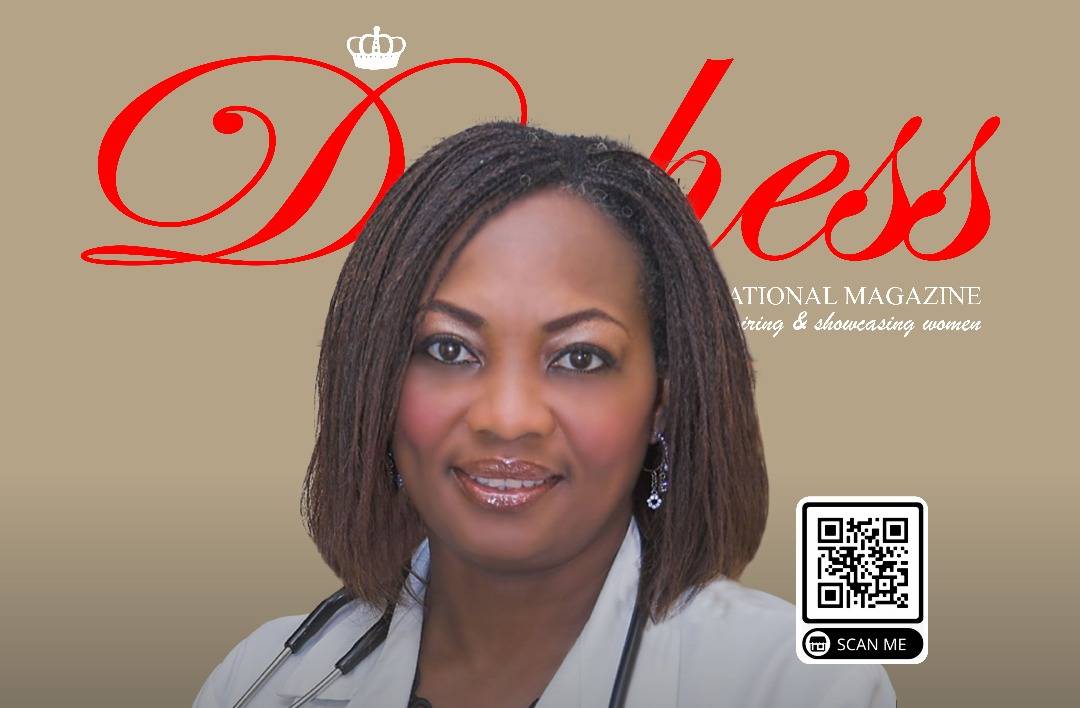Few tales in the history of medicine are as moving and inspirational as that of Dr. Ameyo Stella Adadevoh, especially when considering public health in Africa. Although her name may not be as well-known as it ought to be, her deeds during one of the most dire periods in contemporary health crises have permanently changed the world and demonstrated the strength of bravery, commitment, and selflessness.
Dr. Ameyo Adadevoh was born into a family with a rich legacy of service and leadership in Nigeria. A physician by profession, she specialized in endocrinology and had spent over two decades at the First Consultants Medical Center in Lagos. Little did she know that her expertise and moral fortitude would be tested in an unprecedented way when she encountered Patrick Sawyer, an American-Liberian who became Nigeria’s first Ebola case in July 2014.
When Sawyer arrived at the hospital, gravely ill, the pressure to release him was immense. He was an ECOWAS official intending to attend a conference in Calabar, with influential figures advocating for his immediate discharge. However, Dr. Adadevoh recognized the symptoms of Ebola despite never having seen a case before. She made the critical decision to keep him quarantined, resisting not just medical but diplomatic pressure, stating, “For the greater public good” she would not release him.
This decision was pivotal. Had Sawyer been allowed to travel, the potential for a widespread epidemic in Nigeria, and possibly beyond, was terrifyingly high. Dr. Adadevoh’s actions allowed for the containment of the virus, with Nigeria reporting just 20 cases in total, a stark contrast to the devastation seen in neighboring countries.
The cost of her bravery was high. Dr. Adadevoh herself contracted Ebola and passed away on August 19, 2014, after fighting the disease for 15 days. Her death was not just a personal tragedy but a wake-up call to the world about the sacrifices made by healthcare workers in the line of duty.
Dr. Adadevoh’s legacy transcends her sacrifice. She is remembered not only for her role in preventing a potential disaster but for her leadership qualities, her compassion, and her commitment to her patients and her country. Her story has inspired countless individuals and has been immortalized in various ways
The Dr. Ameyo Adadevoh Health Trust (DRASA) was established in her honor, focusing on building a resilient health system in Nigeria.
The film “93 Days” narrates her heroic efforts, encapsulating her struggle and the collective fight against Ebola.
She was posthumously honored with a Google Doodle on what would have been her 62nd birthday, and a road in Abuja, Nigeria’s capital, was named after her.
Dr. Ameyo Adadevoh’s story is an inspiration for medical professionals, public health advocates, and anyone who believes in the power of one individual to make a difference. Her life exemplifies what it means to lead by example, to prioritize the welfare of others over personal risk, and to stand firm in the face of adversity.
Her legacy serves as a reminder of the importance of preparedness, the courage of frontline workers, and the necessity of public health vigilance. In a world that often celebrates victories with applause, Dr. Adadevoh teaches us that sometimes, the greatest heroes are those who give everything, including their lives, in silent service to humanity.
Dr. Ameyo Adadevoh did not just contain an epidemic; she ignited a flame of inspiration and resilience that continues to guide and empower those who walk the paths of medicine and public service. Her story is a testament to the fact that heroism often comes without fanfare, driven by the quiet but resolute heart of those who care deeply about the world around them.



